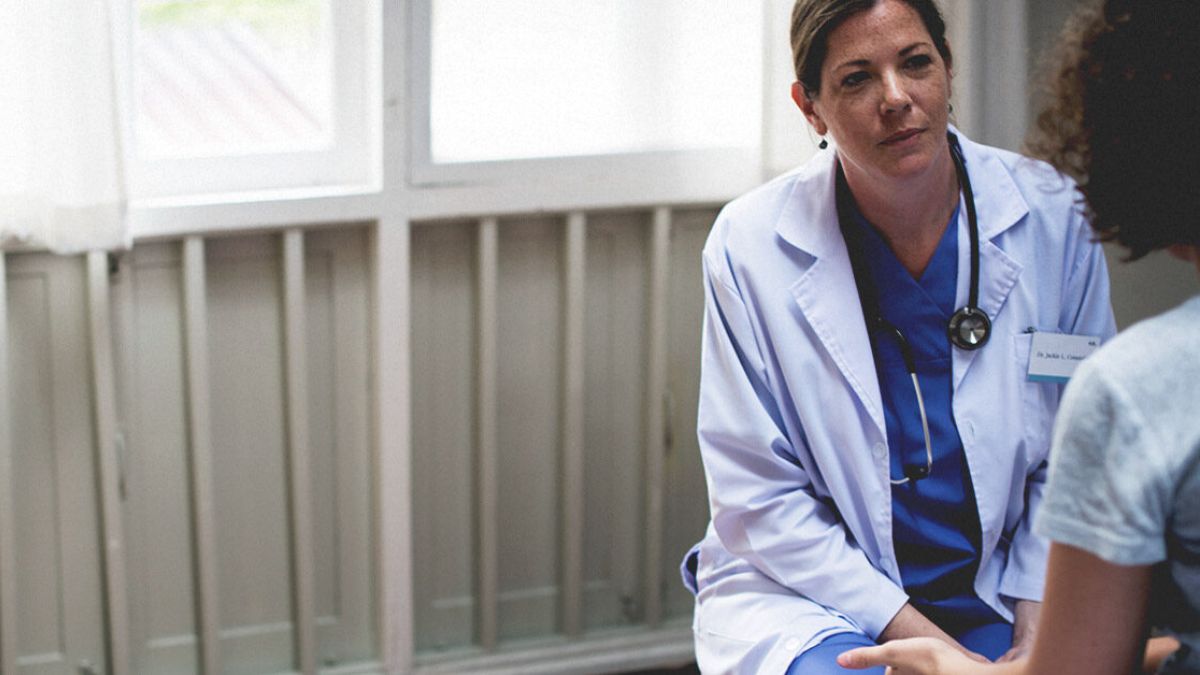Opportunistic Infections are infections and illnesses that occur more frequently and with very high intensity in people with HIV. These infections spread quickly in HIV patients as their immune system is seriously damaged.
Common opportunistic infections (OI) in HIV patients include candidiasis, invasive cervical cancer, coccidioidomycosis, cryptococcosis, cryptosporidiosis, cystoisosporiasis or isosporiasis, cytomegalovirus, herpes simplex virus (HSV), encephalopathy, histoplasmosis, lymphoma, and tuberculosis (T.B).
Types Of Hiv Infections And Their Prevention
Today, there are effective prevention and treatments for curing opportunistic infections in HIV patients. Among the prevention and treatment measures adopted, the guidelines published in 2009 to prevent and treat OI are really effective.
The best prevention and treatment strategy for opportunistic infections in HIV patients is to strengthen the immune system by taking HIV drugs.

Once you take these drugs regularly, the immune system prevents opportunistic infections. It is based on the causative organism the treatment and prevention of opportunistic infections depend on.
1. Toxoplasma gondii
In HIV patients with CD4+ counts less than 100 cells/mm3 and are toxoplasma-seropositive, the administration of the prophylactic double-strength regular dose of trimethoprim-sulfamethoxazole (TMP-SMX) is necessary. In case of acute infections, a combination of pyrimethamine and sulfadiazine, and leucovorin can be really beneficial.
2. Pneumocystis jirovecii:
All HIV patients including pregnant women with a CD4+ count of fewer than 200 cells/mm3 should begin with TMP-SMX for chemoprophylaxis.
3. Cryptococcus neoformans:
For treating cryptococcal meningitis, a combination therapy of flucytosine and amphotericin B is ideal.
4. Herpes Simplex Virus (HSV)
The treatment for this includes acyclovir, valacyclovir, or famciclovir for a period of 5 to 10 days.
5. Histoplasma capsulatum
In severe histoplasmosis, IV liposomal amphotericin B is used as treatment.
6. Cryptosporidiosis
To restore the CD4+ counts greater than 100 cells/mm3, ART must be initiated in patients so that clinical cryptosporidiosis gets resolved.
7. Microsporidiosis
In this condition also, ART should be initiated in patients so that the CD4+ count increases and clinical microsporidiosis gets treated effectively.
8. Syphilis
The drug for treating syphilis in HIV patients is Penicillin. For early syphilis, benzathine penicillin is ideal, neurosyphilis requires IV aqueous crystalline penicillin G or procaine penicillin for a period of 10 to 14 days.
9. Human papillomavirus infection
The drug options available for treating this condition include cryotherapy, trichloroacetic acid (TCA), podophyllotoxin, imiquimod, or dichloroacetic acid. Human papillomavirus infection can also be treated effectively through surgeries such as tangential shave excision, curettage, electrocautery, tangential scissor excision, electrosurgery, and infrared coagulation.
10. Coccidioidomycosis
For treating meningitis or mild disease, Fluconazole or itraconazole are the ideal drugs available.
The above-mentioned are some of the main treatments and prevention of opportunistic infections in HIV patients. Several other treatments are available depending on the causative microorganism.
In any case, how quickly you recognize the symptoms and inform your healthcare provider, the sooner the treatment can be started and effective.
Tips To Prevent HIV Infections
Here are some tips that you can follow to prevent opportunistic infections occurring due to HIV:
- Be consistent with the antiretroviral therapy that you are taking and maintain viral suppression
- Have safe sex by using condoms without fail
- Stay away from cat litter and feces of farm animals and pets
- Stick to the doctor-recommended vaccinations and preventive medications based on the causative organism
- While changing baby diapers containing feces, use latex hand gloves
- Avoid contact with people whose illnesses can be contracted by others
- Keep your hands clean by washing and also cleaning all the items that come in contact with poultry, meat, or fish
- Never eat unwashed vegetables and fruits, raw meats and shellfish, or unpasteurized dairy products
- Stop sharing personal items like towels
- Stop drinking water from rivers, lakes, or any public water source
- Avoid chances of getting infected by other sexually transmitted diseases
- Stop sharing needles, syringes, or any drug injection equipment
Accessing a Professional Healthcare Team
For preventing and treating opportunistic infections in HIV patients, the best strategy is to form an interprofessional team of healthcare experts that consists of infectious disease specialists, infection control specialty nurses, pharmacists, internists, and other specialists depending on the organ infected. With such a powerful team, the best patient care and therapeutic success can be obtained.
One such organization conducting innovative research and analysis regarding the prevention and treatment of HIV is the Thai Red Cross AIDS Research Center (TRCARC). They partner with public healthcare workers and other healthcare entities to implement successful efforts in managing HIV. So, only with proper research and the hard work of a professional medical team HIV and Opportunistic Infections can be prevented and treated at the right time.
Also Read: NYC Orders Reinstatement Of Workers Fired Over Covid Vaccine Refusal

